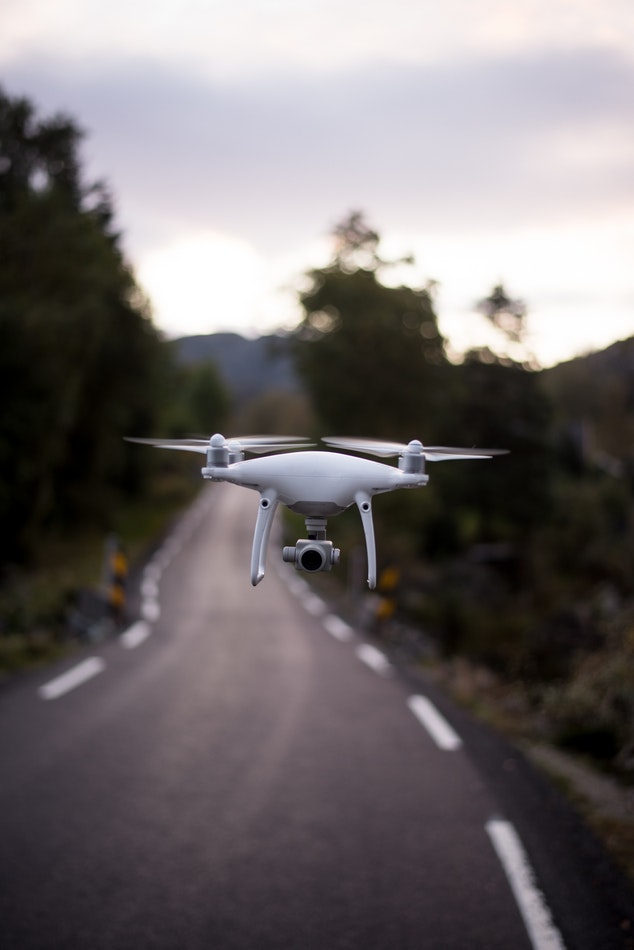JD.com is currently winning the global race to develop unmanned aerial vehicles with the strength, reliability and range to deliver goods on large scale. This summer, Chinese e-commerce giant JD.com Inc. launched a drone from a playground in the city of Xi’an.
The purpose was to deliver one of the orders in a football-sized box to a village in the mountains to the south. This drone is just one of about 40 JD.com designed to cut delivery times for items like smartphones and food. The goal is to speed up the delivery process to remote areas where land transportation is too expensive or slow.
One key thing that has set China’s efforts apart is its ability to assemble all other needed parts for drone deliveries (e.g. regulations, infrastructure and the world’s biggest e-commerce market). The glue that holds this all together? Data.
Last year, the Civil Aviation Administration of China (CAAC) gave the go-ahead for JD.com and SF Holding Co. – the country’s biggest express-delivery company – to start sending packages by drone to rural areas. The idea and goal was to not only use small drones for final delivery, but to also create a whole system. This system would also include large autonomous fixed-wing plans that take off from small airports or landing strips to ferry bulk shipments to warehouses.
China’s advantage is the market. The country has advanced drone technologies and millions of consumers living in remote areas. According to the statistics bureau, China had more than 590 million “rural” residents at the end of 2017.
“People living in mountainous regions hardly accessible by ground transportation also have the right to shop!” said Cui Zheng, a manager overseeing JD’s drones program in northwest China. “We are giving them the same shopping experience, same price, by flying drones.”
U.S. Tests Drone Market
In May, the U.S. Department of Transportation selected 10 state, local and tribal governments to test commercial drones. The companies in partnership with this endeavor include Intel Corp., Uber Technologies. And Qualcomm Inc. Another company not listed in the trial was Amazon.com. In fact, Amazon.com Inc.’s Prime Air unit is a leader in drone delivery, and Amazon has been testing drone deliveries since 2016 in the U.K.
Other countries are also developing rules and breaking into the drone market. However, huge challenges remain. In the U.S., for example, regulators are trying to address how to safely create a low-level air-traffic system to ensure drones don’t hit each other or disrupt traditional aircraft. Standards for communicating with craft, safety and privacy are also top concerns.
“We need to look for more places for drones to fly to test its capability, identify risks and figure out how to respond to these risks.” said SF’s Li.
Drop Shipping Merchant Account
With so many opportunities, more and more companies will be looking to jump into the drone market. To help these business find the services they need, alternative providers like EMB are offering solutions. Our drop shipping merchant account will enable your business to meet and process credit card transactions. In today’s fast-paced environment, it pays to provide your customers with a variety of payment options.


